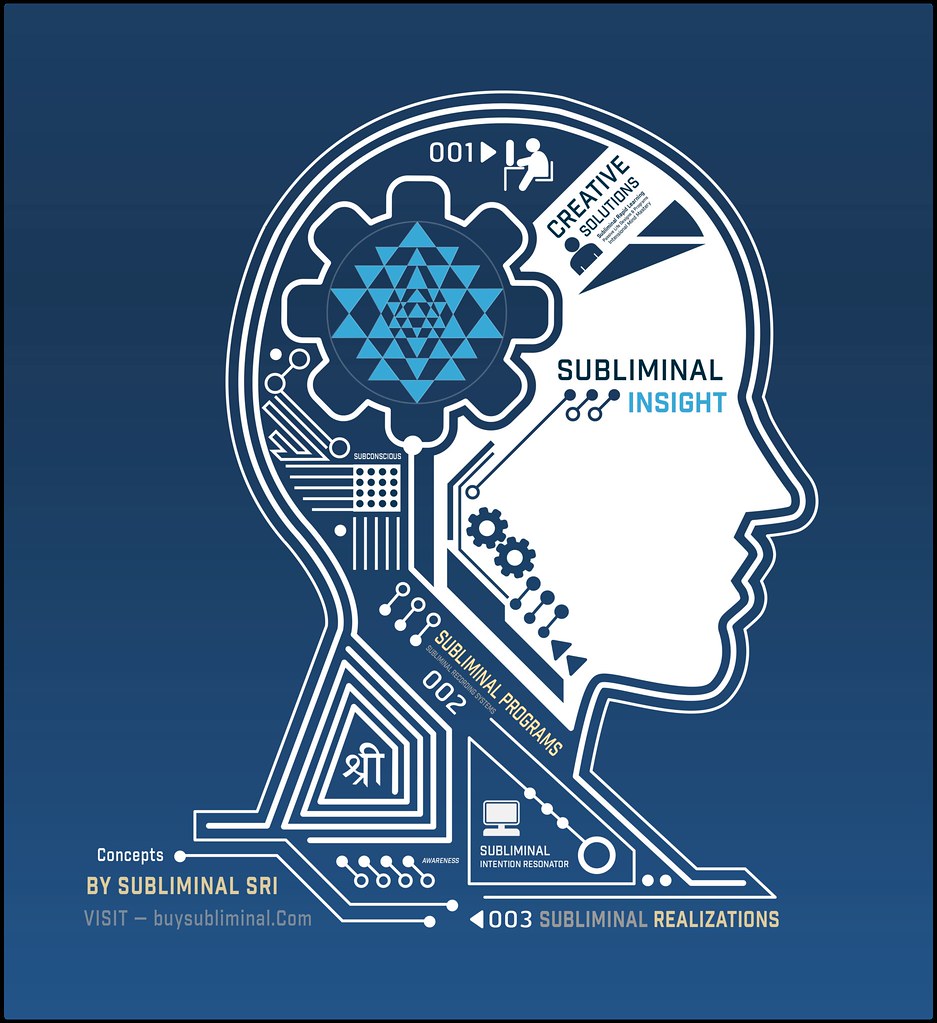

In one experiment, Bargh and colleagues asked subjects to complete a long, boring task on a computer.

Bargh proposed that stimuli, including subliminal stimuli, can influence behavior directly, via a perception-behavior link that bypasses conscious thought. In the past 20 years, social psychologists have repeatedly demonstrated that the same subliminal stimuli that can affect judgments and attitudes can also affect overt behavior. Effects of subliminal stimuli on behavior are also more controversial, as the issue of subliminal advertising and persuasion fall under this heading. Indeed, a lengthy literature in social psychology has demonstrated far less correspondence between, for example, attitudes and behaviors than might be expected. Though evidence of subliminal stimuli affecting judgments and attitudes is intriguing, it does not necessarily follow that such stimuli will also affect individuals’ overt behavior.

McCulloch, in Encyclopedia of Human Behavior (Second Edition), 2012 Downstream Effects of Subliminal Perception: Behavior I'm definitely going to get Mlodinow's other book next.P.K. Overall, this is very enjoyable and informative 7 hours of listening. When presented with their own written version of events from the week of 9/11, the students denied that was what had happened. A year later, they were asked to recount the memories again, and the majority of students had enhanced the drama of what happened to them on that day (how they heard about it, what they did, etc.). One interesting study asked students in the week after 9/11 to write down their memories of that day. There are examples where people are tricked into "remembering" events that never happened. There was substantial evidence that a person's perception of events or interpretation of evidence is heavily influenced by the person's position or possible gain, even when the person is offered a separate incentive to remain neutral. The author describes in detail how your mind has to fill in certain gaps in perception, and the subconscious controls how the gaps are filled in. You hear a lot of examples where the subconscious also affects memories. The book gives many examples of studies where people's actions and conscious decisions are controlled by their subconscious, much more than the study participants ever expected. He has a light touch and entertains while educating.

It sounds like a regular guy just talking to you instead of someone reading a book out loud. The author is the narrator, and he did a great job. Memory is faulty, subconscious controls you.
#SUBLIMINAL PDF#
PLEASE NOTE: When you purchase this title, the accompanying PDF will be available in your Audible Library along with the audio. In the process he changes our view of ourselves and the world around us. The result of this explosion of research is a new science of the unconscious and a sea change in our understanding of how the subliminal mind affects the way we live.Įmploying his trademark wit and lucid, accessible explanations of the most obscure scientific subjects, Leonard Mlodinow takes us on a tour of this research, unraveling the complexities of the subliminal self and increasing our understanding of how the human mind works and how we interact with friends, strangers, spouses, and coworkers. The latter has long been the subject of speculation, but over the past two decades researchers have developed remarkable new tools for probing the hidden, or subliminal, workings of the mind. Your preference in politicians, the amount you tip your waiter - all judgments and perceptions reflect the workings of our mind on two levels: the conscious, of which we are aware, and the unconscious, which is hidden from us. Leonard Mlodinow, the best-selling author of The Drunkard’s Walk and coauthor of The Grand Design (with Stephen Hawking), gives us a startling and eye-opening examination of how the unconscious mind shapes our experience of the world and how, for instance, we often misperceive our relationships with family, friends, and business associates, misunderstand the reasons for our investment decisions, and misremember important events.


 0 kommentar(er)
0 kommentar(er)
